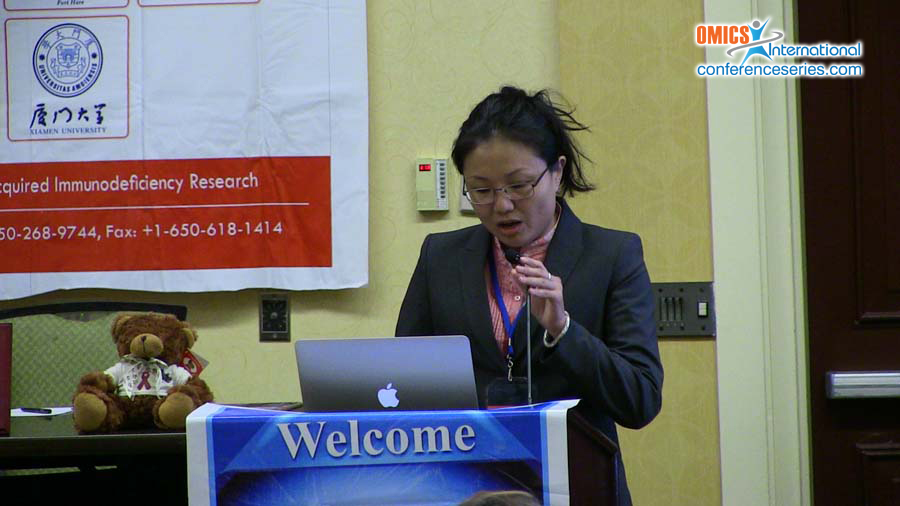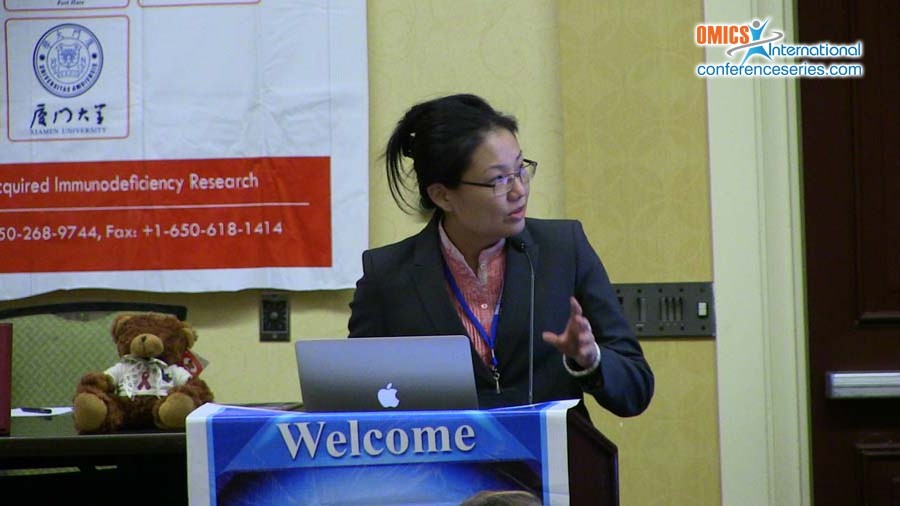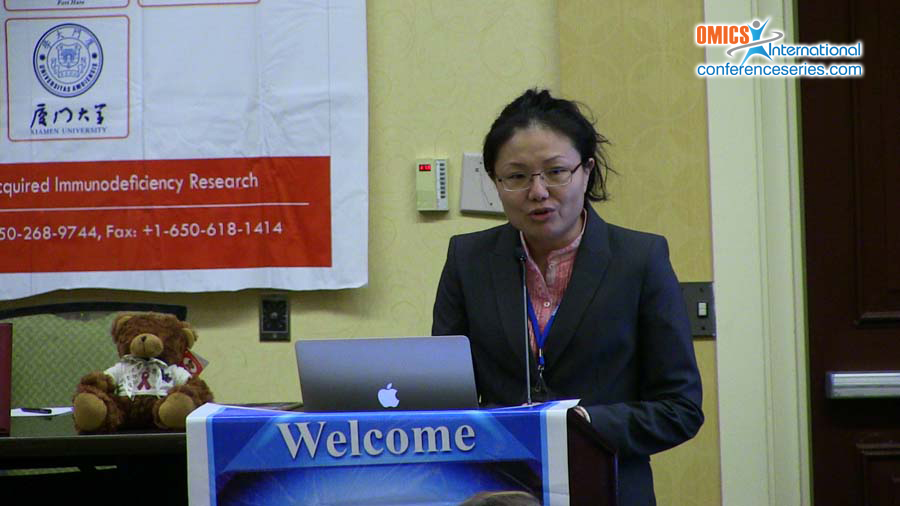
Ying Gu
Xiamen University, China
Title: Molecular insights into the inhibition of HIV-1 infectionusing a CD4 domain-1-specific monoclonal antibody
Biography
Biography: Ying Gu
Abstract
The infection with human immunodeficiency virus type 1 (HIV-1) is associated with acquired immunodeficiency syndrome (AIDS).An HIV-1 infection in a host cell occurs through an ordered process that involves HIV-1 attachment to thehost’s cellular CD4 receptor, co-receptor binding to CCR5 or CXCR4, and the subsequent fusion with thecellular membrane. The natural viral entry pathway into a host cell provides an opportunity to developagents for the treatment of HIV-1 infections. Several engineered monoclonal antibodies specifically targetingCD4 have shown antiviral activities in clinical trials. Here, we report on an anti-CD4 mAb (15A7)that displays a unique binding specificity for domain 1 of CD4, whose epitope partially overlaps with thegp120 binding region. Moreover, 15A7 displays a much stronger binding affinity to CD4+ cell lines afterHIV infection. 15A7 is able to block and neutralize a broad range of primary HIV-1 isolates and T cell-linepassage strains. Notably, the bivalent F(ab’)2 form of 15A7 is more effective than the Fab form in blockingHIV-1 infection, which is further supported by molecular docking analyses. Together, these results suggestthat this novel antibody may exert its antiviral activity by blocking gp120 targeting to the CD4 receptoror competing with gp120 for CD4 receptor binding and might present post-attachment neutralizationactivity. This antibody could provide a new candidate to efficiently block HIV-1 infection or provide newstarting materials for HIV treatment, especially when HIV-1-resistant strains against the current CD4mAb treatments have already been identified.



